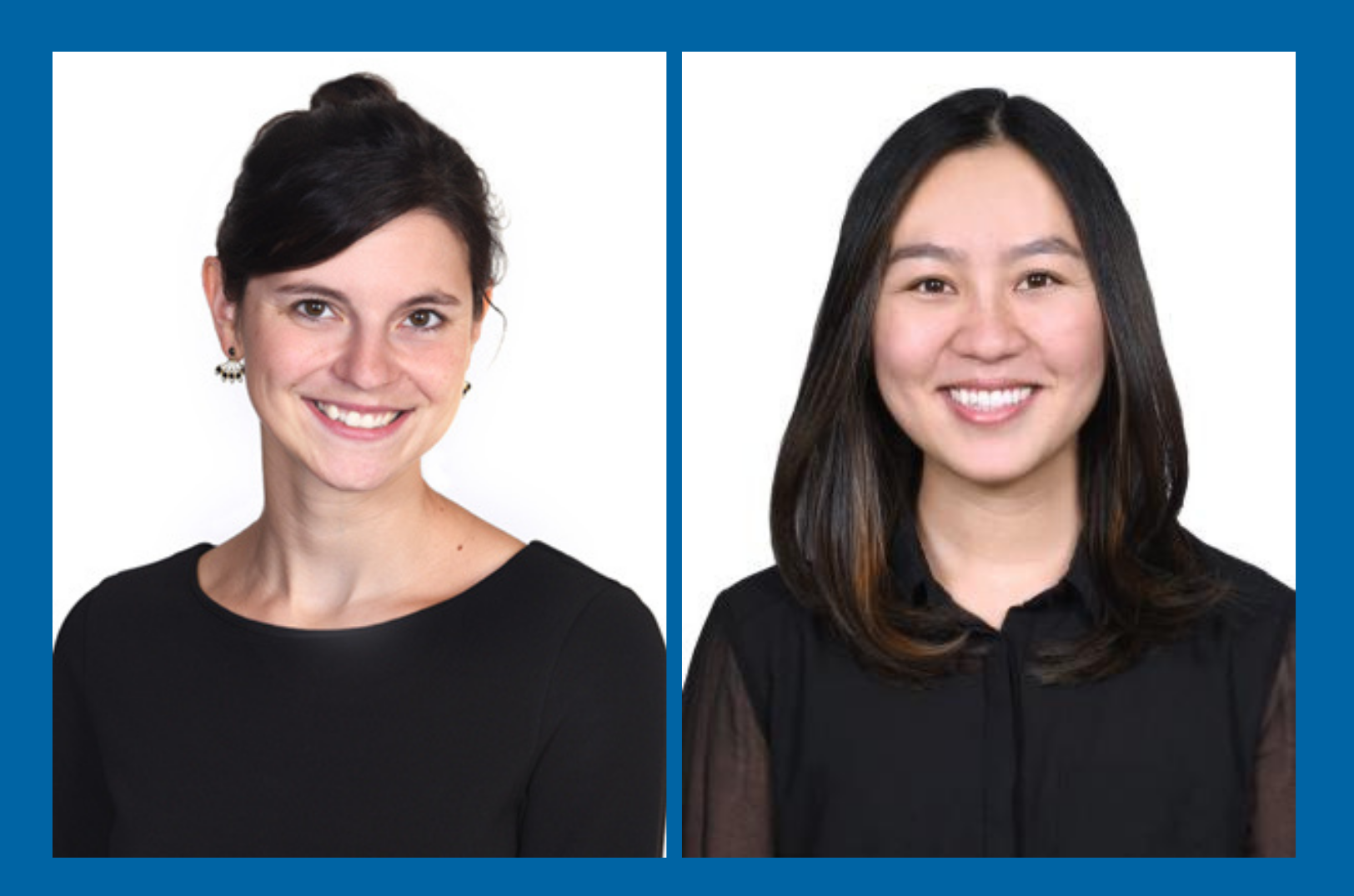Two UC Irvine Physical Sciences Faculty Members Awarded Innovator Grants from The Rose Hills Foundation

Pictured from left: Professor Sarah Finkeldei, Department of Chemistry, Professor Anna Ma, Department of Mathematics
Two UC Irvine assistant professors were awarded Innovator Grants from The Rose Hills Foundation. The grants support junior faculty research for the academic years 2024-25 through 2027-28.
The 2024-25 UC Irvine awardees are:
Sarah Finkeldei, Assistant Professor, Department of Chemistry, for a proposal titled “A new use of nuclear waste – producing hydrogen to get to net zero.”
The Rose Hills Foundation Innovator Grant will fund Professor Sarah Finkeldei’s feasibility study on a novel method to use nuclear waste to generate clean hydrogen. This approach aims to contribute to a more sustainable energy mix by utilizing the byproducts of nuclear power production to produce clean hydrogen power. The grant will be instrumental in conducting this study, which involves building a test reaction cell inside the Cs-137 gamma irradiator in UC Irvine’s Nuclear Reactor Facility (NRF).
The grant will support a graduate student with an engineering background to assist in designing the complex testing chamber necessary to execute the experiment, as well as access and use of the NRF. This feasibility study represents a crucial step in developing a new potentially groundbreaking process with significant applications in the clean energy sector.
Anna Ma, Assistant Professor, Department of Mathematics, for a proposal titled “When high dimensional tensor data goes missing.”
The Rose Hills Foundation Innovator Grant will enable Professor Anna Ma to create new opportunities for students to gain a deeper understanding of research and explore various potential career paths. Ma aims to raise the next generation of mathematicians and data scientists through her research program. She emphasizes the importance of providing students with exposure to advanced research and the opportunities that exist past an undergraduate degree.
Ma's research focuses on addressing the complexities associated with large-scale data. Traditional machine learning algorithms often fall short when dealing with issues like corrupt or missing data, making these methods impractical for extensive datasets. With the support of this grant, Ma aims to develop new frameworks that can efficiently manage such challenges and improve the reliability of data analysis. Additionally, by funding student researchers, Ma hopes to transition students from unpaid volunteers to paid, contributing members of her research group, thus fostering a more inclusive and motivated research environment.
